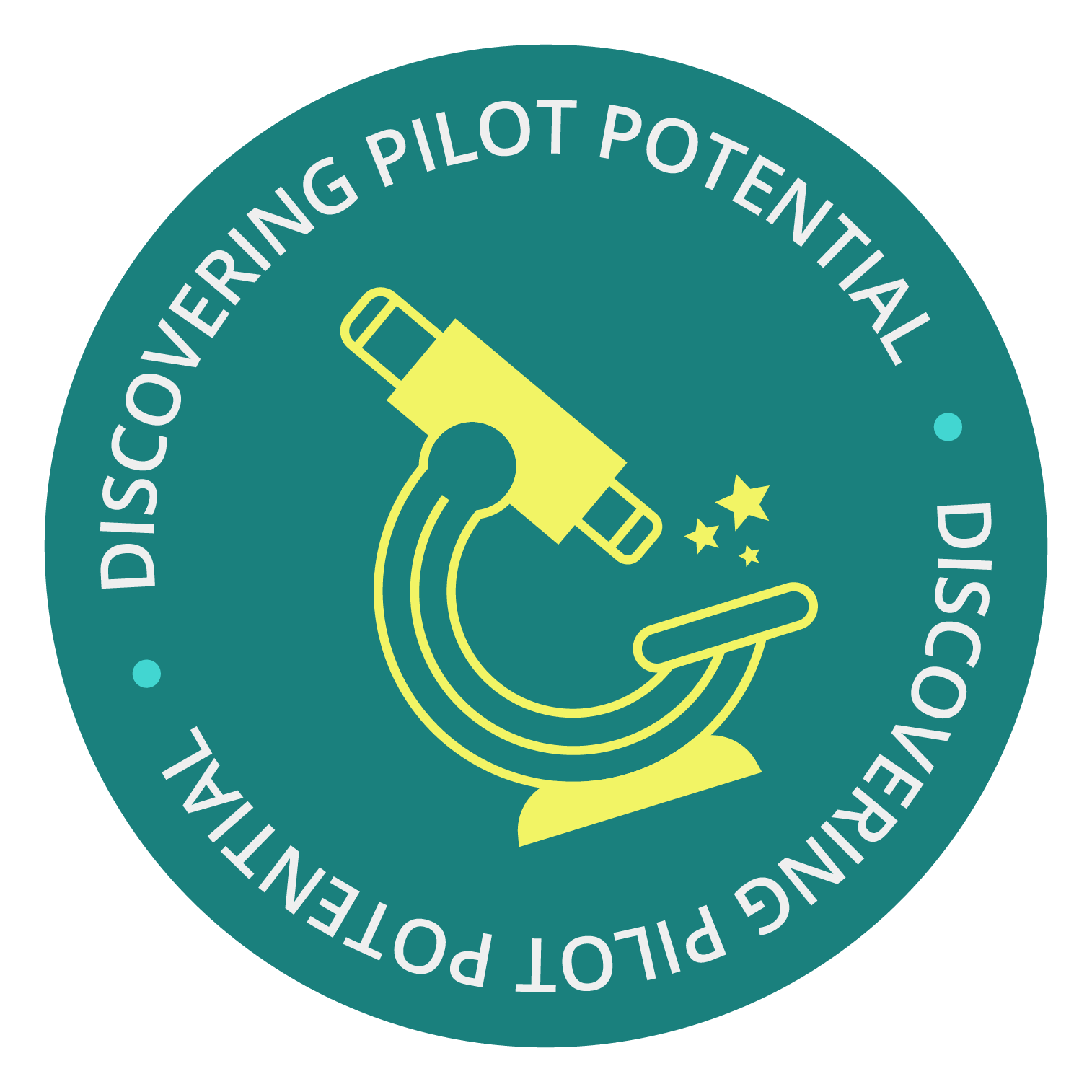Teaching the future: Personalized learning technology for teacher professional development

THE QUESTION
Can digital personalised learning technology empower teachers and improve classroom instruction?

LOCATION: Malawi
SECTOR: Education
TECH: AI, Digital Tools and Services
TIMELINE: September 2024 - Present
PIONEER: Arianna Zanolini, Alice Ching’oma
PARTNERS: ODE Malawi, Onebillion, Imagine Worldwide
The Challenge
In Malawi, only 13% of 10-year-olds have basic literacy and numeracy skills. Literacy rates remain low, with just 56% of students completing primary school and fewer than 20% completing secondary education.
Teachers face significant challenges. Classrooms are overcrowded, with an average of 62 pupils per qualified teacher in primary schools. Current teacher training programs and curriculum reforms are promising but lack personalised, practical support to address specific classroom challenges. Without tailored solutions, improving education outcomes is difficult.
The Idea
This pilot will focus on teachers instead of children, using AI-powered personalised learning tools to support them directly.
The BEFIT program currently provides 4 years of gamified literacy and numeracy learning for students via tablet apps. But while teachers have access to school tablets themselves, there’s no parallel experience designed for their own needs.
This pilot will upgrade teacher tablets to deliver tailored, engaging professional development, incorporating student learning data to recommend curriculum priorities, classroom needs and target support for the teacher.
With these tools, teachers will receive relevant, real-time support, empowering them to improve student outcomes.
Our learnings and stories so far
This pilot hasn’t started to publish yet, but there are plenty of other blogs to read below. Check back soon!
Storing renewable energy for longer, without mined metals. One of our nine Underhyped Frontier Technologies for Development.
Our AI Legal Assistant pilot aims to incorporate AI as a tool to enhance the Malawian judicial process, reducing case backlog. Read on for the pilot team’s findings from the discovery phase.
Read the findings from the final sprint of the MyDemokrasi pilot, and how the team plans to take the platform forward to advance digital political engagement in Malaysia.
In this edition of our Launchpad series, Grace outlines our adaptive learning approach to evidence generation, and why it is a core part of the FT Hub’s learning methodology.
Detecting risks using durable, reusable sensors where traditional biosensors fail. One of our nine Underhyped Frontier Technologies for Development.
Powering off-grid communities with sustainable biogas and electricity. One of our nine Underhyped Frontier Technologies for Development.
Capturing and reusing heat for cleaner energy and resilient power. One of our nine Underhyped Frontier Technologies for Development.
Self-powered devices that capture energy from their surroundings. One of our nine Underhyped Frontier Technologies for Development.
Scalable, real-time monitoring for conservation and climate resilience. One of our nine Underhyped Frontier Technologies for Development.
Monitoring, predicting, and optimising water cycles supply and quality. One of our nine Underhyped Frontier Technologies for Development.
Cultivating algae at scale in an enclosed system for clean energy and carbon capture. One of our nine Underhyped Frontier Technologies for Development.
The climate data divide is a major barrier to adaptation in the Global South. We're exploring how climate intelligence could turn adaptation from a cost into an investment opportunity.
In session five of our Launchpad series: Ready to Launch, Frontier Tech Stories Lead Lil digs into the relationship between stories and narratives, and how to understand their connection with each pilot project.
Explore related pilots
Curious about how frontier technologies are impacting education? Click below to read our other pilots in this sector 👇🏽
Can digital personalised learning technology empower teachers and improve classroom instruction?
Can augmented reality improve educational outcomes for school children in Mexico?
Can mobile learning boxes provide a means to access education for children in Myanmar’s Internally Displaced Persons (IDP) Camps?
Could establishing a wireless intranet mesh network in a school in Maputo utilise students’ mobile technology to provide access to digital educational materials and reduce gender inequality in educational outcomes?
The Frontier Tech Hub works with UK Foreign, Commonwealth and Development Office (FCDO) staff and global partners to understand the potential for innovative tech in the development context, and then test and scale their ideas.



















Restoring land and water health with nature-based techniques. One of our nine Underhyped Frontier Technologies for Development.